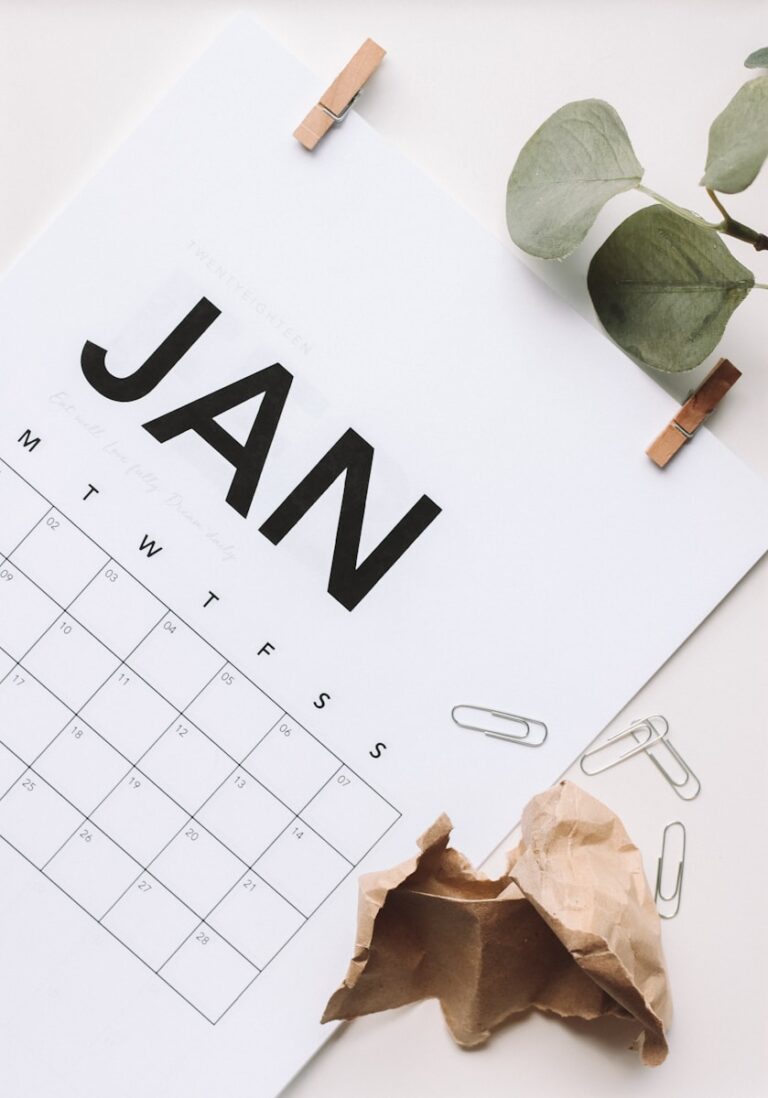
The cost of living in Toronto is becoming increasingly higher, making the economic environment a difficult place for young adults to survive in. Rent prices are soaring while salaries remain stagnant – that is if you can manage to find a steady job to begin with. Given these tremulous circumstances it’s no wonder that young people across Canada are turning to credit cards in order to make up for lack of funds; after all, if your whole paycheque is going towards rent, you’ll need credit to make up for the rest like food, bills, and transportation costs.
Before they even realize it, a number of young people end up in debt due to financial mismanagement and they are forced to get credit counselling for Canadians despite being so young. It’s unfortunate to find yourself in debt when you’ve only just begun to start your life, but it’s a reality for many. Keep reading to find out what you need to know before you sign up for a credit card.

Credit Card Basics
Before using a credit card it’s important to understand how it works. In the most basic terms, a credit card is a means to access available credit that has been loaned to you by an institution like a bank or business. The institution basically agrees to loan you up to a certain amount of money, under the terms that you need to pay it back with interest.
Every 25 to 31 days (depending on your billing cycle), you will receive a statement that displays details like:
- Amount available
- Balance owing
- Minimum payment due
- Payment due date
- Brief description showing where you made purchases and how much you spent
- Interest rates and interest owed
Among others. It’s important to know how to read your statement because all this information is critically important to ensuring that you don’t find yourself in debt.
Interest Rates
When shopping around for a card, look for ones that offer low interest rates. The lower the interest rate, the less you have to pay back on top of what you owe.
Limit and Availability
Just because the limit is there doesn’t mean you should reach it. The closer you are to your limit, the more chance there is to negatively impact your credit score, so try to stay well below that line.
Minimum Amount Due
While you can protect your credit score by paying the minimum due, you won’t help yourself out at all from avoiding debt. Remember that any balance you owe will accrue interest every billing cycle, so it’s better to pay it off sooner than later.
Check Activity Often
Review your account activity every once and a while to make sure that there are no suspicious transactions taking place. If you do notice something is off, make sure to report it right away.
More Complicated Than It Looks
Credit cards are designed to encourage you to spend money, so it’s no surprise that the closer you look the more complicated it gets. That’s why it’s best to do your research or seek financial advice before committing yourself to one. Better safe than sorry, as the saying goes.













